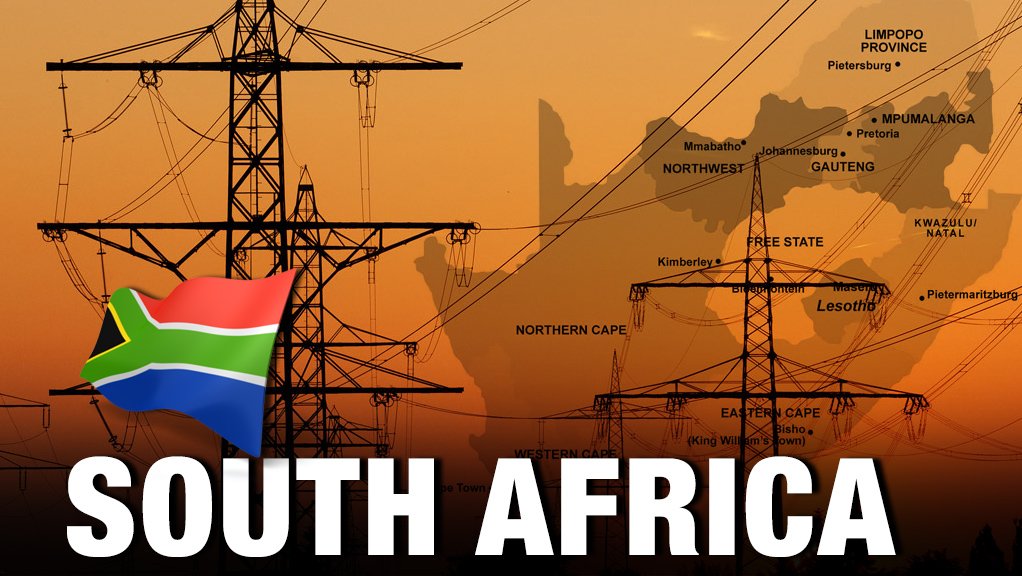Low growth in electricity demand in South Africa will delay, or eliminate the need for, new nuclear power plants. So warned Eskom Transmission Division Energy Planning and Market Development Department power system economics: chief adviser Keith Bowen, addressing an Academy of Science of South Africa symposium in Pretoria on Tuesday.
He highlighted that, regarding electricity in South Africa, the "biggest issue is the drop in demand" over the past five years. "Even though electricity demand has been pretty much flat, the economy has grown as we have predicted." South Africa's "electricity intensity" has decreased.
This decrease began before the current electricity crisis and has not been caused by the state of the economy (which has grown, albeit slowly). The key factor, he suggested, was the price of electricity. This raised the issue of what will happen when South Africa restores its electricity supply to comfortable and secure levels. He observed that pricing might prevent an increase in the demand for electricity. He predicted that electricity demand would not resume its previous growth rate.
Assuming a target annual economic growth rate of 5.4% over the next 20 years, the level needed to reduce poverty in the country, this would now only need an increase in electricity supply of 2.8% a year. While the country is unlikely to achieve economic growth of 5.4% a year, if the electricity supply does not increase at 2.8% a year that 5.4% target will not be achievable.
"If demand grows at a very low level, nuclear wouldn't be the preferred option," said Bowen. "If there is low growth, then, under those conditions, we wouldn't build nuclear before 2035."
"We don't compare nuclear with solar [power], you don't compare nuclear with wind [power]. They provide a different service," he explained. "Nuclear really is competing with gas, coal and coal with carbon capture and storage." Nuclear power does lack flexibility -- it is operated at a certain level or it is not built at all. In comparison, for example, a gas power plant can be operated at different output levels. Nevertheless, "[t]here is a role for nuclear".
As for coal, regarding climate change South African policy is that there should be a carbon emissions cap, leading to a decline in carbon emissions. Consequently, the country could build new coal power plants until that cap was reached. The preference is to build smaller coal power plants, not major projects like the current Medupi and Kusile projects.
EMAIL THIS ARTICLE SAVE THIS ARTICLE
To subscribe email subscriptions@creamermedia.co.za or click here
To advertise email advertising@creamermedia.co.za or click here











